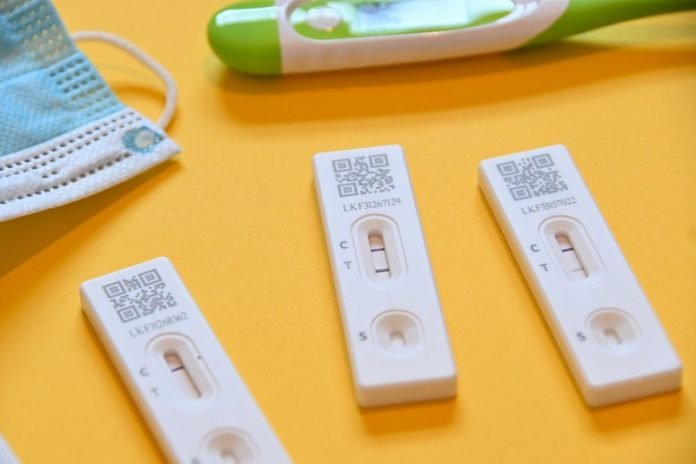
It has become abundantly clear that coronavirus disease 19 (COVID-19), despite being transmitted by breathing in the SARS-CoV-2 virus, can have harmful effects far beyond the lungs.
In a study from Osaka University, scientists found a pivotal gene that mediates the effects of SARS-CoV-2 infection on blood sugar metabolism.
They found that COVID-19 can cause metabolism problems, and sometimes even diabetes, by interfering with insulin signaling.
COVID-19 is best known for causing respiratory disease, but can also damage other organ systems; notably, disruption of blood sugar regulation can lead to new-onset diabetes.
However, it is unclear how infection with the SARS-CoV-2 virus results in these effects.
In the study, researchers analyzed datasets of gene expression from patients, as well as in vivo and in vitro models, infected with SARS-CoV-2.
They specifically looked for genes that were noticeably over or under-expressed compared with uninfected patients, animals, or cells.
The team found infection with SARS-CoV-2 affected the expression of insulin/IGF signaling pathway components in the lung, liver, adipose tissue, and pancreatic cells.
Moreover, these changes were attributed in part to the activation of interferon regulatory factor 1 (IRF1).
Further research showed that IRF1 expression is elevated in older people, men, obese people, and patients with diabetes.
The synergistic effect of older age, male sex, obesity and diabetes with SARS-CoV-2 means that the expression of IRF1 occurs at an increased rate, which may explain why these patients are more vulnerable to COVID-19.
In addition, critical patients with COVID-19 had higher IRF1 expression and lower insulin/IGF signaling pathway genes in their blood compared with noncritical patients.
Finally, the team found treating SARS-CoV-2–infected cells or an animal model with hormonal factors that decreased IRF1 expression enhanced insulin/IGF signaling.
These findings suggest that SARS-CoV-2 infection impairs insulin/IGF signaling by increasing IRF1 expression, thereby disrupting blood sugar metabolism.
Decreasing IRF1 expression by treatments such as dihydrotestosterone and dexamethasone could help reduce the effects of COVID-19.
If you care about COVID, please read studies about people who are 5 times more likely to get COVID-19, and this fasting method linked to less severe COVID-19.
For more information about metabolism, please see recent studies about drug for inflammation that may increase your diabetes risk within days, and results showing scientists make a major breakthrough in diabetes treatment.
The study was conducted by Jihoon Shin et al and published in Metabolism.
Copyright © 2023 Knowridge Science Report. All rights reserved.



